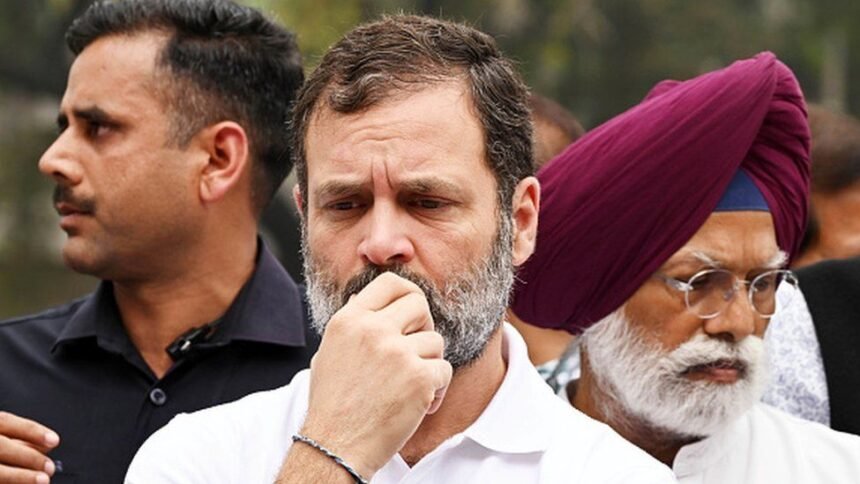The recent conviction and jail term of Rahul Gandhi on criminal defamation charges raise important legal and political questions. The comment made by him during the 2019 election campaign has been deemed defamatory and has resulted in his disqualification from membership in the Lok Sabha.
One of the legal questions raised is whether the remark made by Rahul Gandhi amounts to defaming anyone in particular or to people with the surname ‘Modi’ as a group. The expression ‘collection of persons’ used in Section 499 of the IPC concerning those who can be defamed, has to be an identifiable class or group. Therefore, it is difficult to argue that all those with the surname ‘Modi’ can be considered as aggrieved persons, and not just the three individuals, including Prime Minister Narendra Modi, who were referred to by Mr. Gandhi.
Furthermore, the particular member who initiates criminal proceedings for defamation must demonstrate personal harm or injury by the alleged defamatory statement. It is not clear if the complainant, BJP MLA Purnesh Modi, had shown that he was personally or as a member of the ‘Modi’ group, aggrieved by the alleged slur.
The case raises serious concerns about the use of criminal defamation laws to suppress dissent and curtail free speech. The conviction and sentence of Rahul Gandhi are likely to have a chilling effect on political speech and debate, particularly during election campaigns. Defamation laws must strike a balance between protecting an individual’s reputation and safeguarding free speech and expression.


